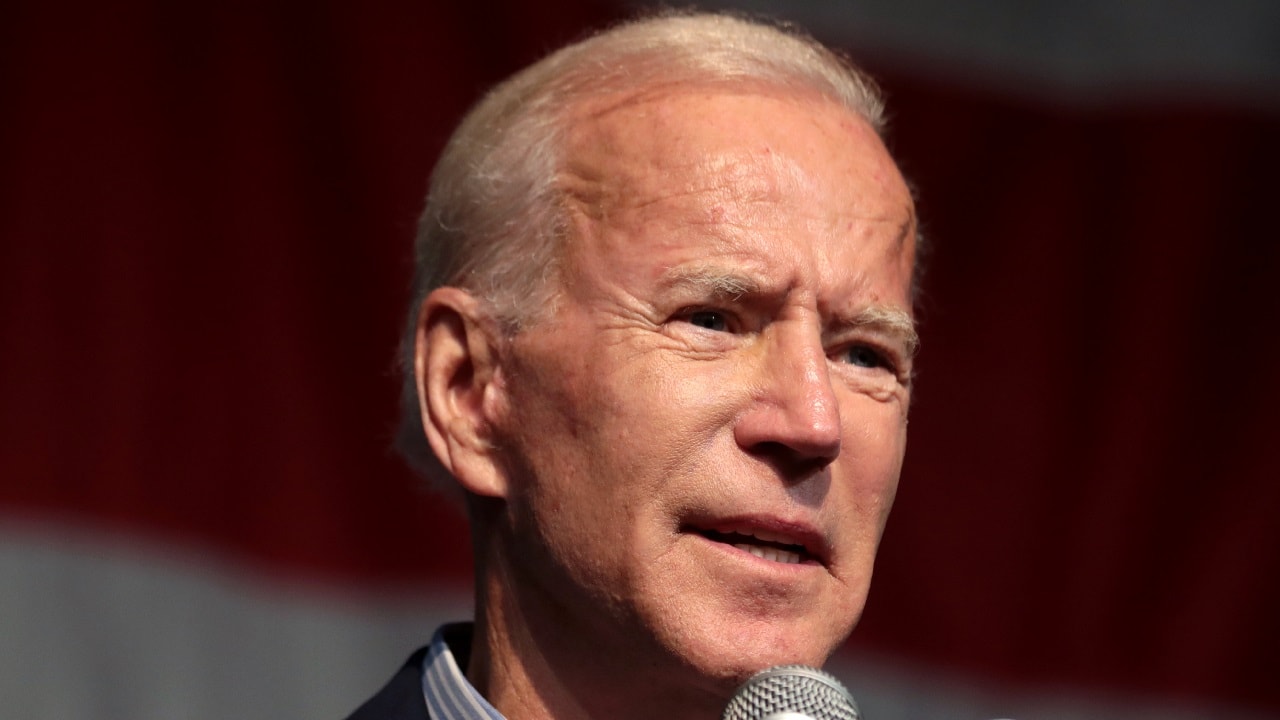President Joe Biden’s loan forgiveness program enjoys strong popular support even as it faces a constitutional test before the U.S. Supreme Court.
The plan would cancel $10,000 in student debt for individuals making under $125,000 annually and for households with under $250,000 in annual income.
Those who received Pell Grants could get another $10,000 written off. An estimated 43 million could apply, and 20 million could have their entire debt wiped out.
Republicans in Congress hate the plan and have proposed legislation to block its implementation.
Loan forgiveness only applies to federal loans under the William D. Ford Federal Direct Loan Program and does not apply to private loans.
A poll by Redfield and Wilton Strategies, conducted for Newsweek, found that 62 percent of Americans support the proposal. In March, the same number said they supported the plan. The survey sampled the opinions of 1,500 voters on May 17.
Half of the 62 percent who said they supported the plan did so strongly, while only 15 percent said they opposed it. Sixty-seven percent of those ages 18-24 support the plan, as did 76 percent of those ages 25-34. About half of those ages 55-64 said they supported the plan, as did around the same amount who were ages 65 and up.
Biden supporters were more supportive than Trump backers with 74 percent of Biden voters saying they were on board with the program compared with 48 percent of Trump voters.
Republicans Vow to Block Plan
Republicans are not paying attention to the polls. They plan to vote on legislation in the House of Representatives that would block the plan’s implementation if the U.S. Supreme Court rules the proposal passes constitutional muster.
Rep. Bob Good, R-Va., introduced the legislation in March to block the executive action under the Congressional Review Act, a piece of legislation that lets Congress overturn rules put into place by agencies.
“If you buy a car you are expected to make the monthly payments. You are expected to pay the mortgage every month. That is the expectation … and we should apply that same logic to the issue at hand today,” Good said last week during a House Education Committee hearing on the bill. “If you take money from the taxpayers of America to go to college as I did, as my children have done, you are expected to pay it back.
“He has done more to inflict financial harm on the American taxpayer through this $315 billion student-loan transfer scheme.”
He and other Republicans argue that the president’s plan would transfer debt onto those who had never incurred the debt.
The Biden administration condemned the bill and has vowed that the president will veto it.
“This resolution is an unprecedented attempt to undercut our historic economic recovery and would deprive more than 40 million hard-working Americans of much-needed student debt relief,” the Office of Management and Budget said.
Supreme Court to Rule Next Month on Plan
The U.S. Supreme Court heard oral arguments from plaintiffs seeking to block the program in February. The majority of the justices sounded unconvinced the Secretary of Education has the power to adopt the program, while the liberal justices expressed favor, according to SCOTUSblog.
Even a top Democrat once expressed concern about the constitutionality of the idea.
Former House Speaker Nancy Pelosi argued in July 2021 that executive action by the president to cancel student loans would not be constitutional.
“People think that the President of the United States has the power for debt forgiveness. He does not. He can postpone. He can delay. But he does not have that power. That has to be an act of Congress,” Pelosi said. “The President can’t do it. So that’s not even a discussion. Not everybody realizes that. But the President can only postpone, delay, but not forgive,” she added.
She reversed herself last August.
The court’s final ruling will be handed down next month.
John Rossomando was a senior analyst for Defense Policy and served as Senior Analyst for Counterterrorism at The Investigative Project on Terrorism for eight years. His work has been featured in numerous publications such as The American Thinker, The National Interest, National Review Online, Daily Wire, Red Alert Politics, CNSNews.com, The Daily Caller, Human Events, Newsmax, The American Spectator, TownHall.com, and Crisis Magazine. He also served as senior managing editor of The Bulletin, a 100,000-circulation daily newspaper in Philadelphia, and received the Pennsylvania Associated Press Managing Editors first-place award for his reporting.

